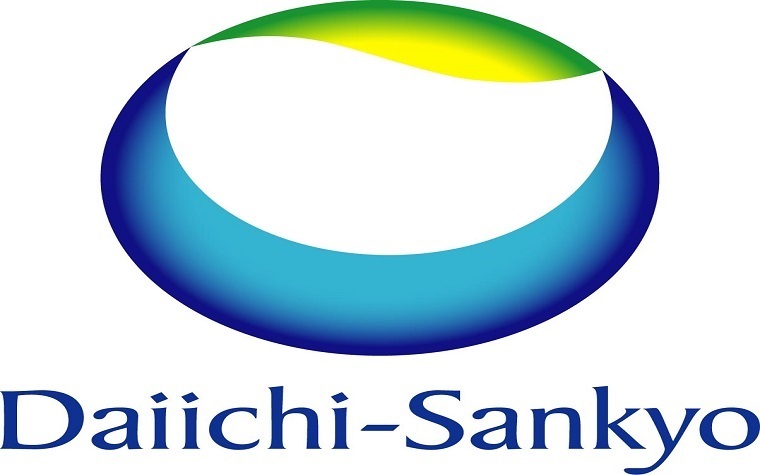Daiichi Sankyo, Inc issued the following announcement on June 1.
Daiichi Sankyo Company, Limited (hereafter, Daiichi Sankyo) announced that preliminary data from the dose escalation part of an ongoing phase 1/2 study with investigational U3-1402 in heavily pretreated patients with HER3-positive metastatic breast cancer will be presented during a Poster Discussion Session on Monday, June 4 at the 2018 American Society of Clinical Oncology (ASCO) Annual Meeting in Chicago, IL (Abstract 2512; 3:00 – 4:15 PM CDT).
Safety results were reported for 34 patients receiving U3-1402 in dose levels between 1.6 mg/kg to 8.0 mg/kg given every three weeks. A maximum tolerated dose has not yet been reached. The most common adverse events (>30 percent, any Grade) included nausea (82 percent), platelet count decreased/thrombocytopenia (68 percent), decreased appetite (62 percent), neutrophil count decreased/neutropenia (59 percent), white blood cell count decreased (53 percent), vomiting (50 percent), ALT increased (38 percent), AST increased (38 percent), anemia (38 percent), stomatitis (32 percent) and diarrhea (32 percent). The most common adverse events Grade ≥3 (>10 percent of patients) were thrombocytopenia (29 percent), neutrophil count decreased/neutropenia (27 percent), white blood cell count decreased (18 percent) and anemia (12 percent). The following dose-limiting toxicities were observed: Grade 4 platelet count decreased (3 patients), Grade 3 ALT increased (2 patients), and Grade 2 AST increased (1 patient).
Preliminary results in 32 efficacy evaluable patients showed that U3-1402 demonstrated a confirmed overall response rate of 47 percent (15/32 patients) and a disease control rate of 94 percent (30/32 patients).
“There is a clinical need for additional treatments for metastatic breast cancer, especially for those tumors that express HER3, which is associated with poor prognosis and for which no targeted therapies are currently available,” said Takahiro Kogawa, MD, PhD, National Cancer Center Hospital East in Japan, and an investigator for the study. “These preliminary results suggest that U3-1402 could be a potential new treatment approach for metastatic breast tumors that express HER3, and the study will move forward to determine the most suitable dosing regimen for further clinical evaluation.”
“These findings with U3-1402, which are the first reported clinical data evaluating an ADC in HER3-expressing cancer, build upon our historical understanding of exploring the role of HER3 as a potential target,” said Kouichi Akahane, PhD, MBA, Executive Officer, Head of Oncology Function, R&D Division, Daiichi Sankyo. “Furthermore, these results seen with U3-1402 offer proof-of-concept of the portability of our proprietary DXd and linker ADC technology, which has been specifically designed to smartly deliver chemotherapy with the precision of a targeted therapy.”
Original source can be found here.













 Alerts Sign-up
Alerts Sign-up